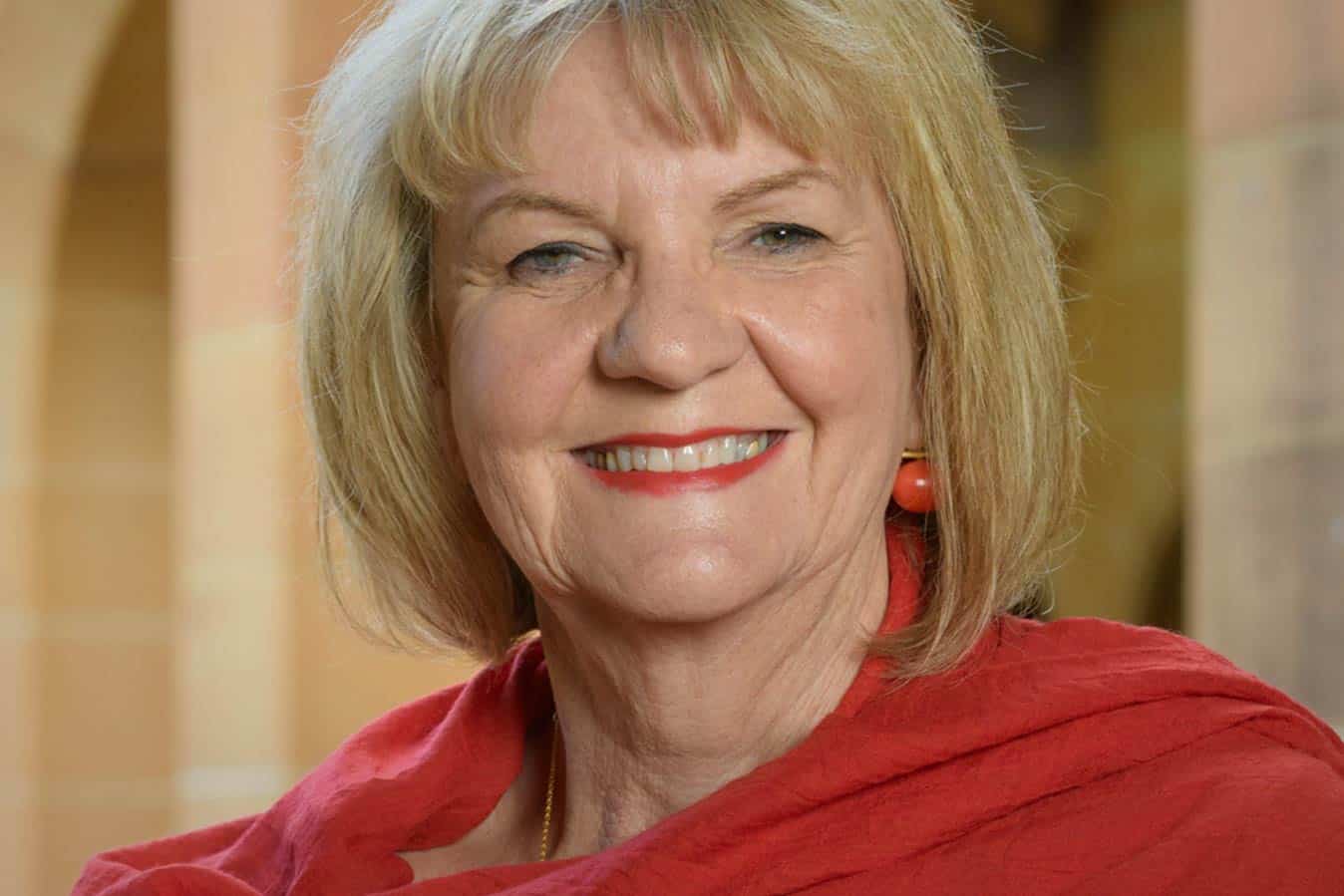Nursing Now, the landmark three-year campaign that aimed to raise the profile and status of nursing worldwide, may have concluded, yet, its legacy remains very much alive.
One of the campaign’s most important actions, the Nightingale Challenge, called on health employers worldwide to provide leadership and development training to young nurses. The goal was to promote 20,000 nurses and midwives aged 35 and under into leadership programs. Remarkably, by the end of the campaign, more than 30,000 of the professions’ next generation secured the opportunity.
The conclusion of Nursing Now paved the way for the Nightingale Challenge to continue and expand under a new moniker, the Nursing Now Challenge, officially launched in June this year.
The NNC will carry forward the ambitious aims of the Nightingale Challenge. This time, however, health employers worldwide are being encouraged to create leadership development opportunities for 100,000 nurses and midwives in more than 150 countries by the end of 2022.
Unlike the Nightingale Challenge, the Nursing Now Challenge will be open to nurses and midwives over 35 to acknowledge that nurses over the age bracket may, in fact, be new to the profession.
Former Nursing Now Campaign Board Member for the WHO’s Western Pacific Region, Emeritus Professor Jill White, joined the new Nursing Now Challenge Board to help achieve the target.
“Campaigns have always got a finishing date, and it was really quite important for us to stick to that,” Professor White says of Nursing Now.
“The campaign was about highlighting, engaging, raising consciousness and finishing and handing over some of the ongoing work to WHO and ICN. The one bit that didn’t seem to have a home was the early career nurses.”
While the Nursing Now Challenge focuses on encouraging employers to create leadership development opportunities for early career nurses, Professor White says its broader aims include linking up with student nurses and universities in a bid to build global connections through digital platforms such as webinars.
Additionally, the NNC will branch out into global work across non-traditional areas such as nurses’ role in equity, and the critical role nurses play in the social determinants of health, and climate change action.
In Australia, the conclusion of Nursing Now was marked with an event at Parliament House in Canberra in May. The celebration featured various speakers and touched on topics such as aged care and the Black Lives Matter movement.
Independent MP Helen Haines, a former nurse, spoke about how nurses need to understand their power and the importance of their voice. Another speaker, a frontline nurse, shared a first-hand account of contracting COVID-19.
Professor White, who spoke at the event, says all of the accounts reflected the broad impact of Nursing Now in one way or another.

“They [speakers] all acknowledged that Nursing Now had been important in giving them confidence in terms of political engagement and I thought that was wonderful.”
Reflecting on the end of the three-year Nursing Now campaign, Professor White suggests its impact was profound. For example, she says several things transpired that would not have happened if not for Nursing Now.
They included the appointment of a Chief Nursing Officer at the World Health Organization, Elizabeth Iro, the first since 2010, assigning 2020 as the International Year of the Nurse and Midwife, and developing the first State of the World’s Nursing 2020 Report, a critical piece of data that provided evidence about the global nursing workforce and outlined key strategic directions.
“Even though it looks like all of that has happened from WHO, it’s actually related to the fact that there was a Nursing Now campaign and the partnership between Nursing Now, WHO and ICN,” Professor White says.
In Australia, Professor White suggests the impact of Nursing Now campaign was more dispersed and diverse, partly because the country has numerous nursing organisations with competing priorities and visions.
Throughout the campaign, Professor White spoke at dozens of events in an attempt to drive action. She believes Australian nursing organisations displayed an increased commitment to work together and a real sense of political power.
“I do have a belief that people did take on that notion that they have to engage people with influence, they have to be very clear about what their evidence is, and they have to approach, with confidence, people about being engaged and involved in policymaking,” Professor White says.
With Nursing Now finished, and a new chapter beginning with the Nursing Now Challenge, Professor White believes the campaign’s legacy will not be forgotten.
“I think its legacy is a newfound confidence in nurses about the contribution that they make and an understanding that they have to be engaged politically and in policy,” Professor White says.
“And I think along those lines, a recognition that we can’t do it by ourselves; that we can’t just continue to talk internally, that we have to engage with influencers of all descriptions so that we can put our case and our evidence to people who may have the ears of people we can’t quite get to. And they can do two things: they can convince those people of the need to listen to nurses, and, they can hopefully open doors to us to be included in the right conversations.”








